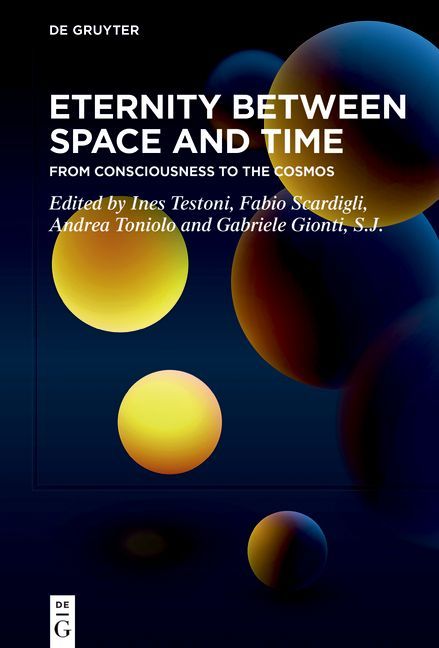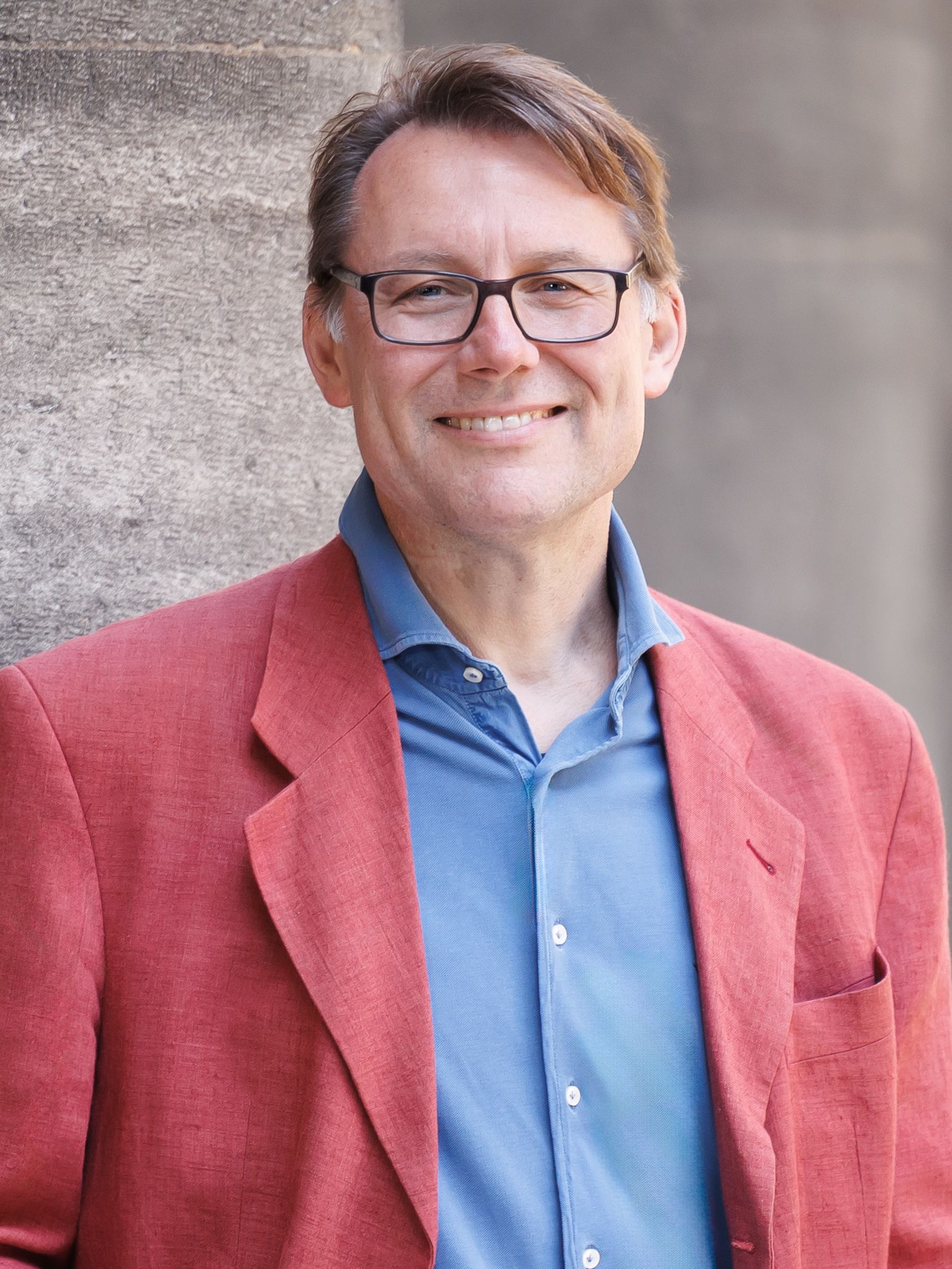Univ.-Prof. DDr.
Kurt Appel
Current News
2024
Hegel's Concept of the Cosmic Body and the Absolute Reflections on the Written and Unwritten Body Based on the Science of Logic
Kurt Appel
in: Rebekka A. Klein / Calvin D. Ullrich (Eds.), The Unthinkable Body. Challenges of Embodiment in Religion, Politics, and Ethics.
Religion in Philosophy an Theology 130
Mohr Siebeck: Tübingen 2024, 195-220


Der Schluss von Hegels "Enzyklopädie"
Kurt Appel
in: Violetta Waibel / Christian Danz / Jürgen Stolzenberg (Eds.), Metaphysik des Konkreten und der Geschichtlichkeit. Systeme der Vernunft 1821-1854
System der Vernunft. Kant und der deutsche Idealismus (Band VI)
Verlag Meiner: Hamburg 2024, 53-80
Die Kontingenz der Begegnung. Maria von Magdala und die Begegnung des Absoluten
Kurt Appel
in: Massimo Recalcati / Cristina Guarnieri / Giuseppe Armogida, La contingenza dell'incontro. Pensare l'evento tra filosofia e psicoanalisi , paradosso (2023/1)
Il Poligrafo: Padova 2024, 61-78
This article explores the contingency of the encounter between Jesus of Nazareth and Mary Magdalene that occurs at Jesus’s tomb. This article interprets two important passages from the Gospel of Mark (Mk 16, 1-8) and the Gospel of John (Jn 20, 11-18) to reflect more deeply on this encounter. In Mark’s Gospel, the result of the encounter is the reference to a never-derivable and unrepresentable beginning, on which the text of Mark is built. The Gospel of John, which refers to Mark, concretizes this as the beginning of love and the covenant partnership between Jesus and Mary Magdalene, which becomes representative for all those who encounter Jesus. It is a contingent encounter because there is no external necessity. We can never realistically expect to meet a dead person again in this world, but the encounter between Mary and the risen Jesus exemplifies a contingency that ends in the freedom of love.


Recognition, Irony, and Faith
Kurt Appel
in: Pavol Bargár / Peter Jonkers (Eds.), The Faith and Beliefs of "Nonbelievers"
Cultural Heritage and Contemporary Change Series VIII, Christian Philosophical Studies, Volume 24
The Council for Research in Values and Philosophy: Washington 2024, 151-162
With contributions by Charles Taylor, Grace Davie, José Casanova u.a.
In The Faith and Beliefs of “Nonbelievers,” an international team of sociologists, theologians, and philosophers explores the phenomenon of a globally growing segment of the world’s population that has broken with all forms of organized religion. Sociologists call these people “nones.” This segment has proven to be very diverse and has been understudied and underreflected, especially in the post-communist countries of Central and Eastern Europe. The purpose of this book is to provide religious and public leaders and opinion-makers with tools to better understand the current changes in religiosity and to overcome the prejudices between believers and nonbelievers.
Eternity Between Space and Time.
From Consciousness to the Cosmos
Ines Testoni / Fabio Scardigli / Andrea Tolino / Gabriele Gionti
DeGruyter: Berlin/Boston 2024
Among others with contributions from Roger Penrose, Gerard 't Hooft and Massimo Cacciari
Contribution by Kurt Appel
The Eighth Day. Biblical Time as Openness of Chronological Times, 163-172
https://doi.org/10.1515/9783111313610-014


Pensare oggi il tempo e il suo oltre
Kurt Appel
in: Associazione Teologica Italiana (Eds.), Questo tempo e il suo oltre. Aggiornamento sull'escatologica
Edizioni Glossa: Milano 2024, 19-33
The text traces the biblical notion of time based on the idea of the seventh day. The seventh day, which is celebrated on the Sabbath and on Christian Sunday, is not simply a chronological indication of time, but rather refers to the transcendent dimension of a time that must not be reduced to a sequential series of present moments. It contains the promise of a future in which the world and individual and collective human action will have proven to have been meaningful. In a second step, building on Leibniz and Hegel, the article attempts to show that even a philosophical understanding of time cannot be limited to scientifically measurable time, but is open towards a future that cannot be reduced to a continuation of the present.
NEWEST EDITION:
TGF-News 17 (Summer Semester 2024)
The department "Theologische Grundlagenforschung" of the University of Vienna would like to present the latest news from the department as well as from the research centre "Religion and Transformation in Contemporary Society" (RaT), with which the department works closely.

